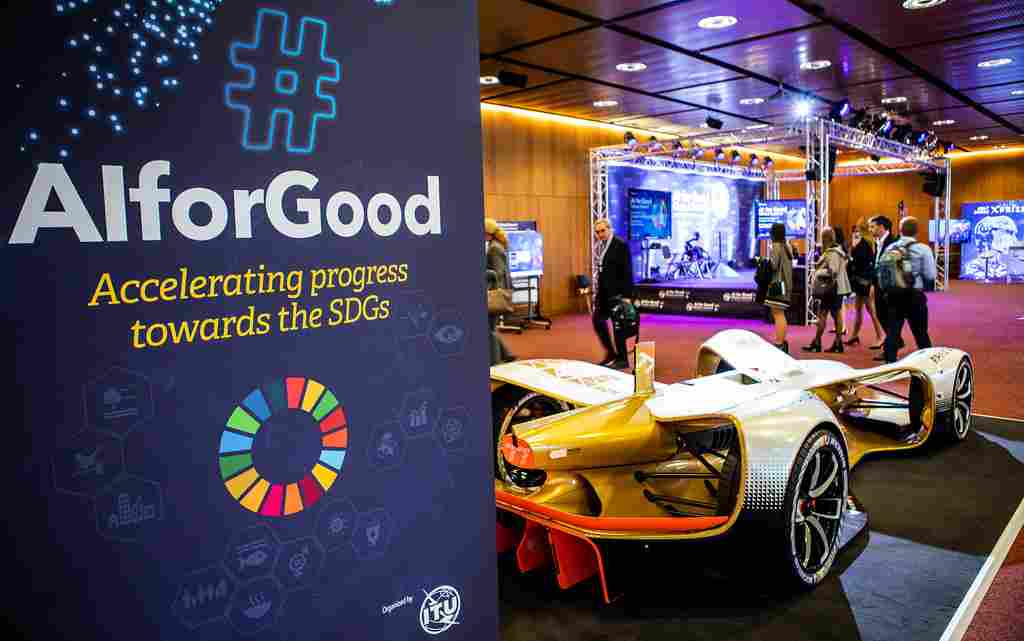
New York, United States (Enmaeya News) — UN Women called on governments, employers, and workers worldwide to accelerate efforts to close the persistent gender pay gap ahead of International Equal Pay Day on September 18.
In a statement, the organization highlighted that women globally still earn, on average, 20% less than men, with even larger gaps for women from racial and ethnic minorities, women with disabilities, and migrant women.
“This discriminatory gap erodes women’s rights, undermines income security, and holds back inclusive, sustainable economic growth,” the statement said.
UN Women emphasized that three decades after the Beijing Declaration pledged equal pay for work of equal value, inequalities remain entrenched. With less than five years to achieve the 2030 Agenda for Sustainable Development, the agency stressed urgent, coordinated action.
Experts say the gender pay gap persists for several reasons. Women and men are often concentrated in different industries and roles, with female-dominated fields like caregiving, teaching, and administrative work paying less than male-dominated fields, even when skill levels are comparable. Women also take more career breaks for caregiving, slowing career progression and limiting access to high-paying roles.
Discrimination, both overt and subtle, continues to affect salaries, promotions, and raises. Women are more likely to work part-time due to family responsibilities, which usually comes with lower pay and fewer benefits.
Social norms and stereotypes, along with lower negotiation rates or penalties for negotiating, further contribute to wage differences. Gaps in legislation and enforcement also allow pay disparities to persist in some countries.
As a co-lead of the Equal Pay International Coalition alongside the International Labour Organization and the OECD, UN Women called on governments to implement legal frameworks for wage equity, on employers to adopt transparent pay practices and gender-responsive workplaces, and on workers’ organizations to advance collective bargaining.
The statement coincides with the opening of the 80th session of the United Nations General Assembly in New York. UN Women said that equal pay, enshrined in ILO Convention 100, is both a fundamental human right and a cornerstone of sustainable development and gender equality.
“All stakeholders are urged to renew their commitment, join EPIC, and step up collective action to close the gender pay gap once and for all,” it concluded.





